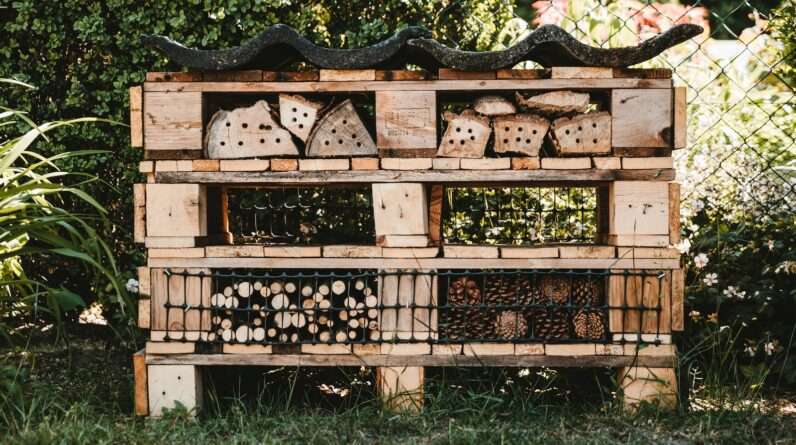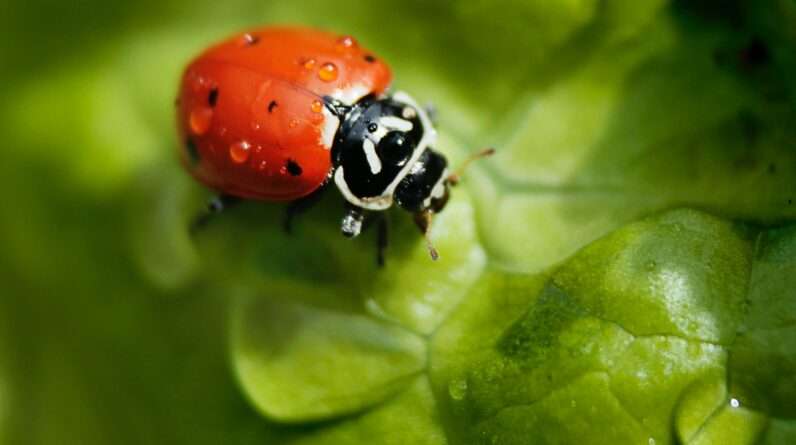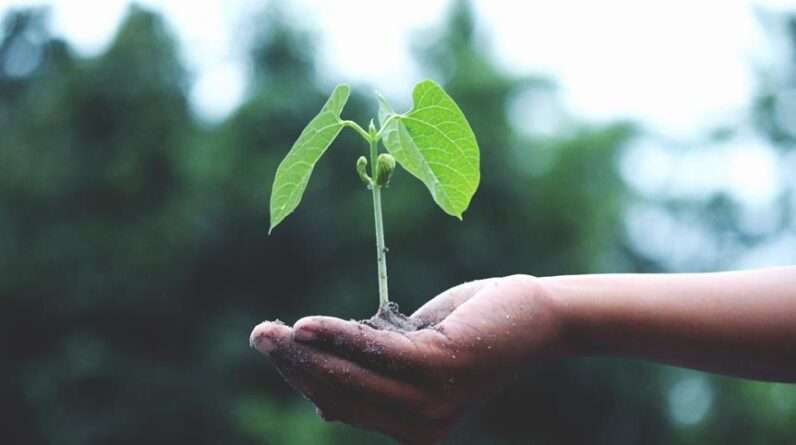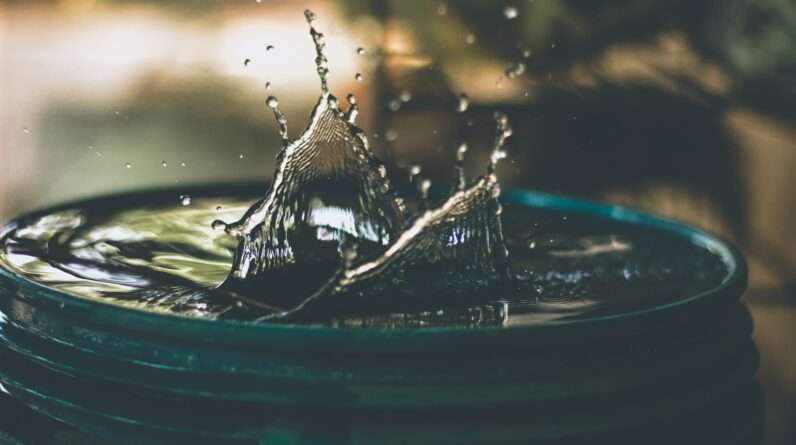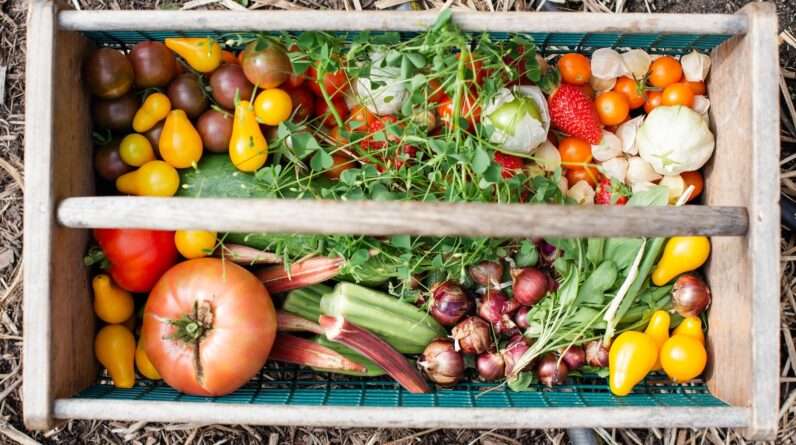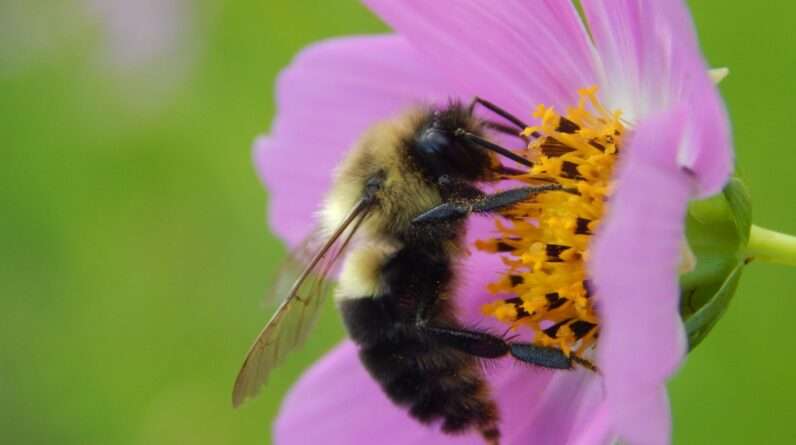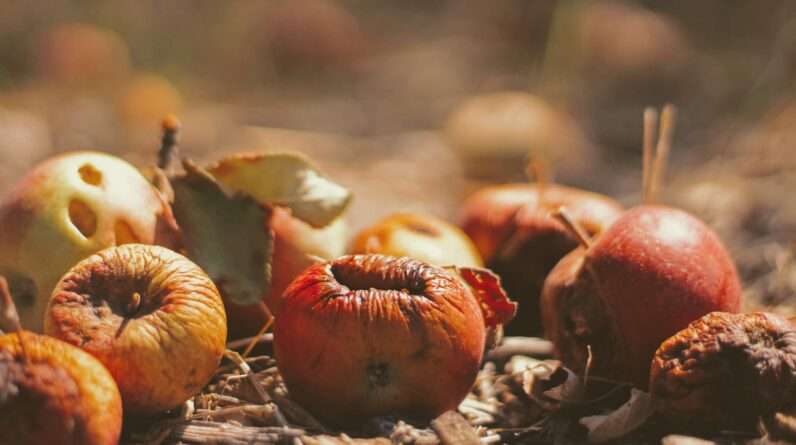
Are you ready to turn your garden waste into nutrient-rich gold?
In this article, we’ll show you the ins and outs of composting, making it easy and rewarding.
With our step-by-step guide, you’ll learn how to choose the right materials, maintain a healthy compost pile, and harvest your very own compost gold.
Get ready to transform your garden and serve Mother Nature by creating a sustainable and thriving ecosystem right in your backyard.
Let’s get started on this composting journey together!
Key Takeaways
- Composting improves soil fertility and overall fertility.
- Composting enhances water-holding capacity and reduces methane emissions.
- Composting reduces waste and creates nutrient-rich compost.
- Composting can be done by collecting organic waste, creating a compost pile, and regularly maintaining it.
The Benefits of Composting
You should start composting now to reap the benefits of nutrient-rich soil in your garden.
Composting is the process of decomposing organic materials, such as kitchen scraps, yard waste, and leaves, to create a dark, crumbly substance called compost. This compost is a treasure trove of nutrients that your plants will love. It contains essential elements like nitrogen, phosphorus, and potassium, which are vital for plant growth and development.
By adding compost to your garden soil, you can improve its structure, water-holding capacity, and overall fertility. Composting also reduces the amount of waste that goes to landfills, helping to protect the environment.
So, start composting today and give your plants the nourishment they deserve while minimizing your ecological footprint.
Now let’s dive into the process of getting started with composting.
Getting Started With Composting
To successfully begin composting, start by familiarizing yourself with the benefits and process of turning organic waste into nutrient-rich compost. Composting isn’t only a sustainable way to dispose of garden waste, but it also helps enrich the soil and reduce greenhouse gas emissions. Here are a few key points to help you get started:
- Benefits of composting:
- Improves soil fertility: Compost adds essential nutrients to the soil, promoting healthy plant growth.
- Reduces waste: By composting organic waste, you divert it from landfills, reducing methane emissions.
- Process of composting:
- Collect organic waste: Gather kitchen scraps, yard trimmings, and other organic materials.
- Create a compost pile: Layer the organic waste with dry materials like leaves or straw to create the perfect balance of carbon and nitrogen.
- Turn the pile regularly: This helps aerate the compost and speeds up the decomposition process.
- Wait and watch: In a few months, you’ll have nutrient-rich compost ready to use in your garden.
Choosing the Right Materials for Your Compost Pile
When building your compost pile, be sure to include a variety of materials such as fruit peels, vegetable scraps, and dry leaves for optimal decomposition. These materials provide the necessary nutrients and carbon-rich components that promote the breakdown of organic matter into nutrient-rich compost.
Fruit peels, like banana peels and citrus rinds, are high in potassium and help to balance the nitrogen levels in your compost. Vegetable scraps, such as carrot tops and lettuce leaves, provide essential minerals and moisture. Dry leaves, on the other hand, add carbon to the mix, balancing out the nitrogen-rich materials.
This balance is crucial for the decomposition process and ensures that your compost pile doesn’t become too wet or too dry. By incorporating a variety of materials, you’re creating the perfect environment for the microorganisms to thrive and break down the organic matter, resulting in nutrient-rich compost that can be used to improve the health of your garden soil.
Maintaining a Healthy Compost Pile
Adding moisture to your compost pile regularly is crucial for maintaining optimal decomposition. This simple step ensures that the microorganisms responsible for breaking down organic matter can thrive and do their job effectively.
Here are some key reasons why keeping your compost pile adequately moist is essential:
- Moisture promotes microbial activity, speeding up the decomposition process.
- It helps maintain the ideal temperature range for composting, around 135-160°F (57-71°C).
- Temperatures above 160°F (71°C) can kill beneficial microbes.
- Temperatures below 135°F (57°C) slow down decomposition.
To maintain a healthy compost pile:
- Regularly monitor the moisture level and aim for a damp sponge-like consistency.
- Water the pile as needed, especially during dry spells or if it feels dry to the touch.
- Avoid overwatering, as excessive moisture can lead to anaerobic conditions and unpleasant odors.
Following these simple guidelines will keep your compost pile thriving and ensure you have nutrient-rich compost to nourish your garden and serve the environment.
Harvesting and Using Your Compost Gold
You can frequently harvest and use your compost gold by simply sifting out any remaining organic matter and spreading the nutrient-rich compost throughout your garden beds.
Compost is a valuable resource that can improve your soil structure, increase nutrient availability, and enhance overall plant health.
To harvest your compost, start by using a compost sifter or a simple mesh screen to separate any larger debris from the finished compost.
The remaining compost can then be spread evenly over your garden beds.
The nutrients in the compost will gradually release into the soil, providing a steady supply of nourishment for your plants.
This will lead to healthier plants, increased yields, and a more vibrant garden.
Remember to water your garden beds after applying the compost to help the nutrients penetrate deeper into the soil.
Frequently Asked Questions
How Long Does It Take for Compost to Fully Decompose?
Composting takes time, but the process can be accelerated. It typically takes about 2 to 12 months for compost to fully decompose, depending on factors like temperature, moisture, and the types of materials used.
Can I Compost Food Waste Like Meat and Dairy Products?
Yes, you can compost food waste like meat and dairy products. However, it’s important to do it properly to avoid attracting pests and creating bad odors. Use a compost bin or heap and add other organic materials to balance the carbon-nitrogen ratio.
Can I Use Compost in Potted Plants or Indoor Gardens?
Yes, you can use compost in potted plants or indoor gardens. It provides essential nutrients, improves soil structure, and retains moisture. Remember to use mature compost and mix it with potting soil for best results. Happy gardening!
What Are Some Common Mistakes to Avoid When Composting?
When composting, avoid putting meat, dairy, or oily foods in your pile as they can attract pests. Also, make sure your compost is properly aerated and watered to prevent it from becoming too dry or too wet.
Can I Compost Weeds or Invasive Plants Without Spreading Their Seeds?
Yes, you can compost weeds or invasive plants without spreading their seeds. To prevent seed dispersal, make sure the compost pile reaches high temperatures and stays well-aerated. This helps to kill any weed seeds present.






